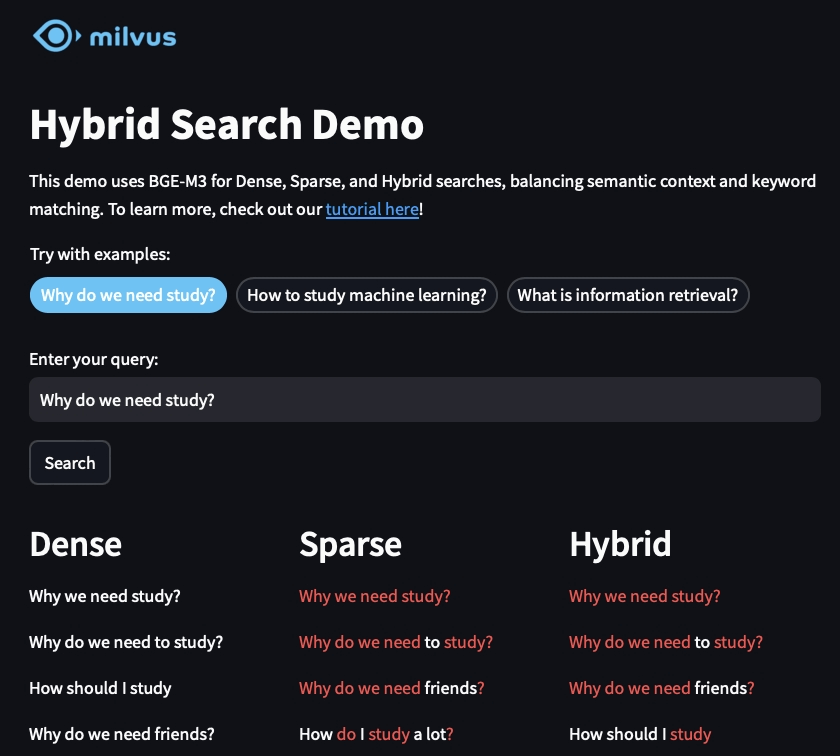Boosting in full-text search is a technique that adjusts the relevance scoring of documents to prioritize specific fields, terms, or conditions. When a search query is executed, the search engine calculates a relevance score for each document based on factors like term frequency, field length, and proximity. Boosting allows developers to increase the weight of certain criteria in this calculation, ensuring that documents matching those criteria appear higher in the results. For example, a document with a matching term in its “title” field might be boosted over one where the term appears only in the “description” field.
A common use case is field-level boosting. Suppose you’re building a product search where matches in the product name should matter more than matches in reviews. You could assign a higher boost to the name field during query construction. In Elasticsearch, this might look like a query specifying name^3 (boosted by a factor of 3) and reviews (default boost of 1). Similarly, term-level boosting lets you prioritize specific keywords. For instance, searching for apple with iPhone^2 would rank documents containing “iPhone” higher than those mentioning just “apple.” Boosting can also apply to conditions like recency—e.g., newer documents get a relevance bump—using custom scoring functions.
Developers should be mindful of balancing boosts to avoid skewing results. Over-boosting a field or term can dominate the scoring, pushing irrelevant documents to the top. For example, boosting a rarely used field like tags too heavily might override more meaningful matches in the main content. Boosts can be applied statically (at index time, via field mappings) or dynamically (at query time, for flexibility). While static boosts improve query performance, dynamic boosts allow runtime adjustments without reindexing. Testing with real-world queries and monitoring result quality is critical to fine-tuning boosts effectively.
